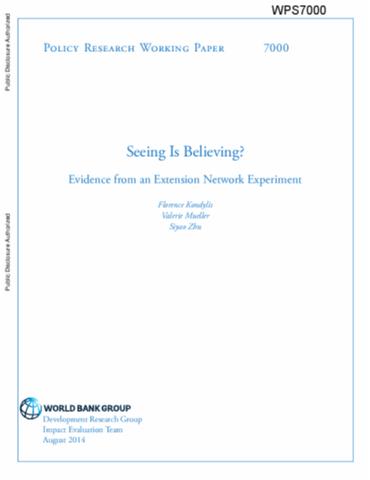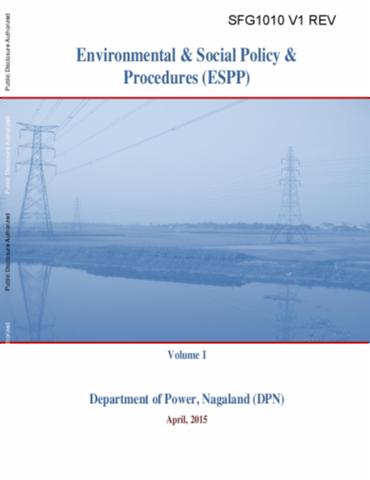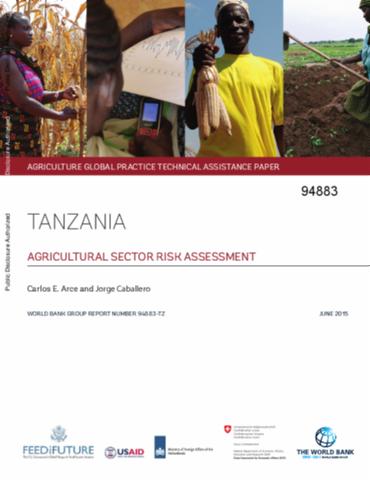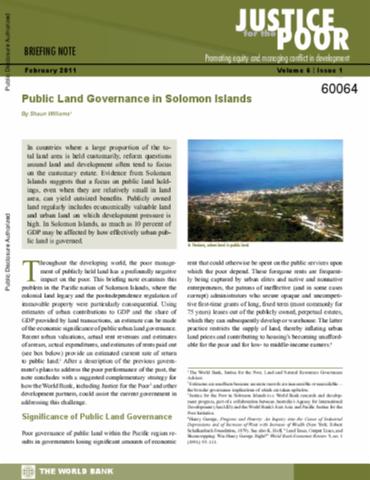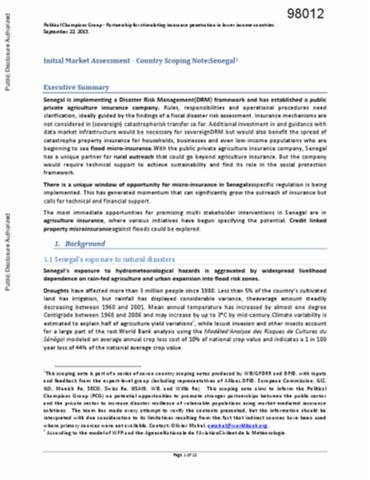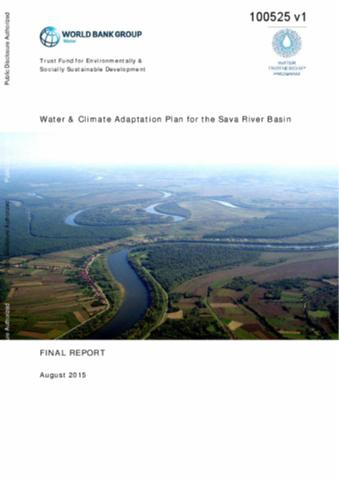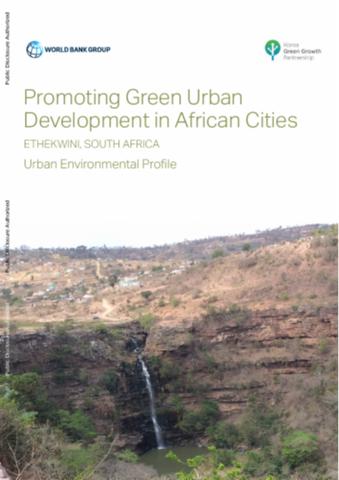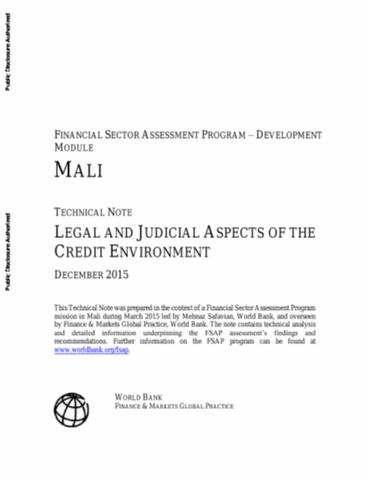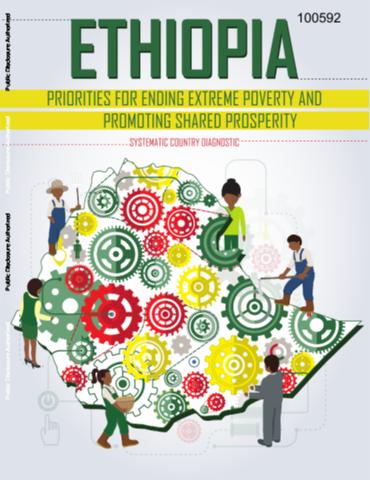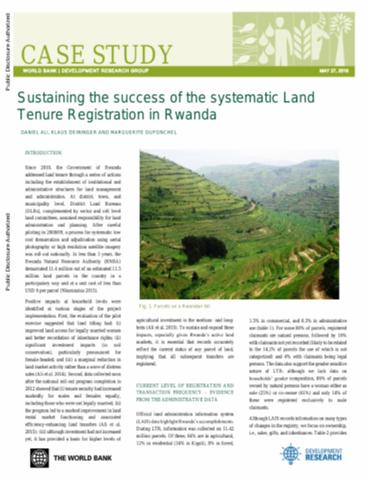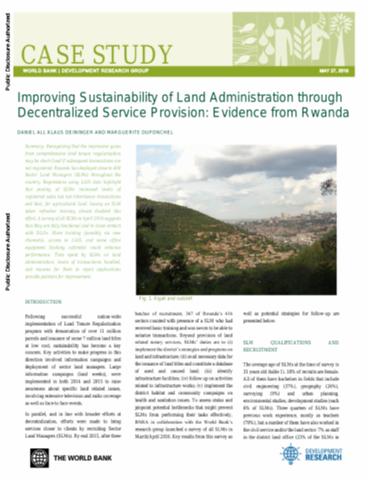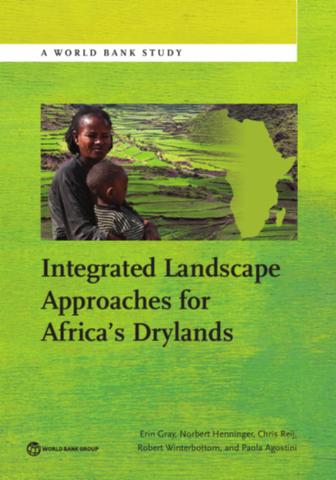Seeing is Believing? Evidence from an Extension Network Experiment
Extension services are a keystone of information diffusion in agriculture. This paper exploits a large randomized controlled trial to track diffusion of a new technique in the classic Training and Visit (T&V) extension model, relative to a more direct training model. In both control and treatment communities, contact farmers (CFs) serve as points-of-contacts between agents and other farmers. The intervention (Treatment) aims to address two pitfalls of the T&V model: i) infrequent extension agent visits, and ii) poor quality information.

